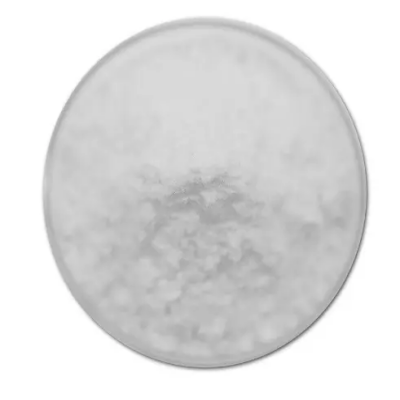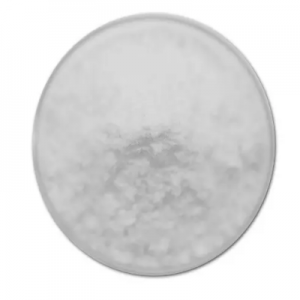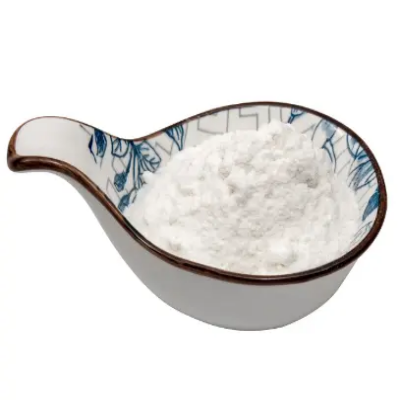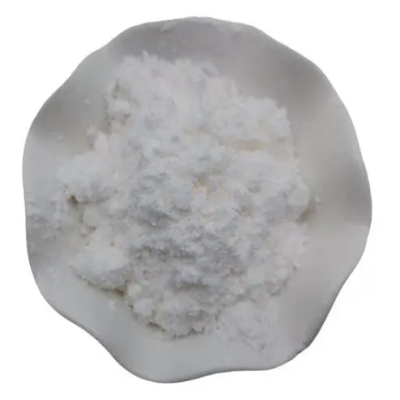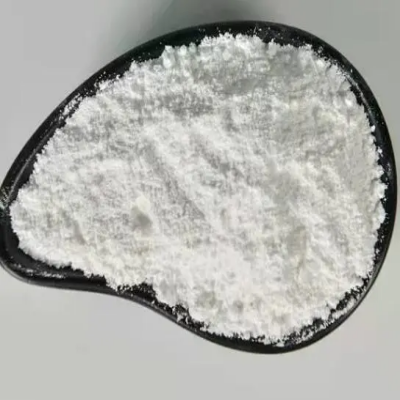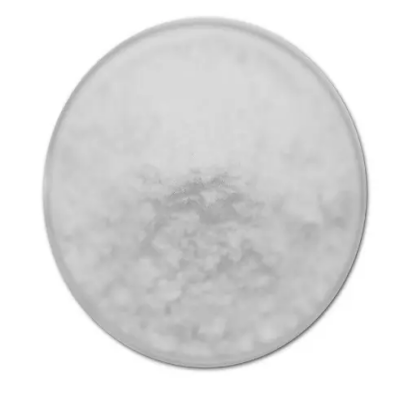octreotide CAS:79517-01-4
The clinical applications of octreotide are diverse, reflecting its multifaceted pharmacological properties and broad therapeutic potential across several medical domains: Neuroendocrine Tumors (NETs): Octreotide is widely utilized in the management of functional and non-functional neuroendocrine tumors, offering symptomatic relief and disease stabilization through its ability to bind to somatostatin receptors expressed on these tumors. In cases where surgical intervention is not feasible, long-acting octreotide formulations provide sustained control of hormone hypersecretion and tumor growth, contributing to improved patient outcomes. Acromegaly: For individuals with acromegaly, octreotide serves as an essential pharmacological intervention to suppress excessive growth hormone production. By binding to somatostatin receptors on pituitary adenomas, octreotide helps mitigate the clinical manifestations and comorbidities associated with acromegaly, playing a crucial role in disease management. Gastrointestinal Bleeding: Octreotide is employed in the treatment of acute variceal bleeding, where its vasoconstrictive and anti-secretory actions contribute to the control of hemorrhage and support hemodynamic stability in critical scenarios. Tumor Localization and Staging: Octreotide scintigraphy, utilizing radiolabeled octreotide derivatives, facilitates the imaging and staging of somatostatin receptor-positive tumors, aiding in the localization, characterization, and monitoring of neuroendocrine neoplasms. Gastric and Pancreatic Disorders: In conditions such as Zollinger-Ellison syndrome and refractory diarrhea related to carcinoid tumors, octreotide's inhibitory effects on gastric acid secretion and intestinal motility offer symptomatic relief and contribute to the management of these gastrointestinal disorders. Portal Hypertension: Octreotide plays a role in alleviating portal hypertension-related complications, including the reduction of splanchnic blood flow and prevention of variceal rebleeding, making it a valuable adjunct in managing cirrhosis-associated sequelae. The versatility of octreotide in addressing a spectrum of endocrine, gastrointestinal, and vascular conditions underscores its significance as a cornerstone of contemporary medical therapeutics. With ongoing advancements in understanding its pharmacological nuances and expanding clinical evidence, octreotide continues to play a pivotal role in improving patient care outcomes across diverse medical specialties.



| Composition | C51H70N10O12S2 |
| Assay | 99% |
| Appearance | white powder |
| CAS No. | 79517-01-4 |
| Packing | Small and bulk |
| Shelf Life | 2 years |
| Storage | Store in cool and dry area |
| Certification | ISO. |


